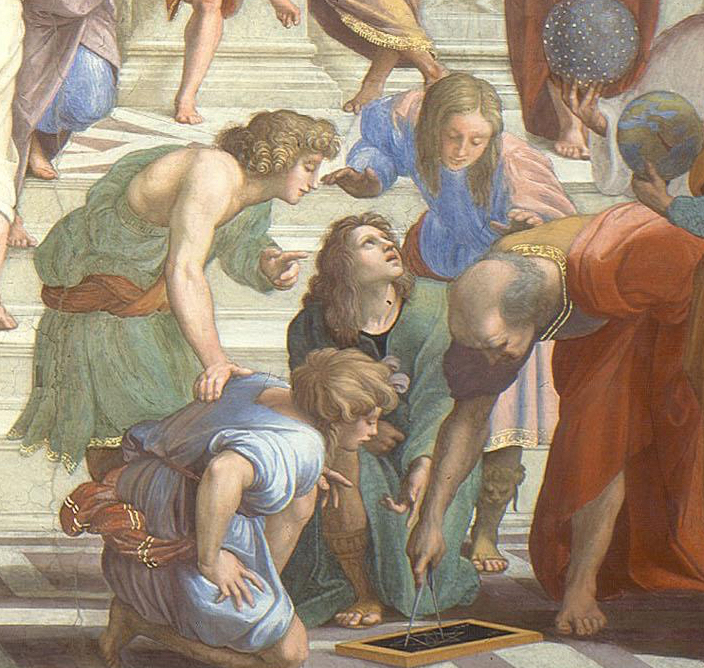The writer David Foster Wallace committed suicide in 2008. Like Robin Williams, he had long suffered from severe depression. Both men were doing very well at their chosen professions. Both were married. Both hanged themselves with a belt — to me, a ghastly and painful way to take yourself out, perhaps with some kind of psychological symbolism that I don’t understand.
Wallace was very close to another writer, Jonathan Franzen. In the circle of Wallace fans and students, Franzen is notorious for having publicly come down very hard on Wallace for inflicting so much suffering — on his family, his friends, his admirers — by taking his own life. So I looked up Franzen’s New Yorker essay to read first-hand what he had to say about the matter.
The essay (http://www.newyorker.com/magazine/2011/04/18/farther-away-2) is a travelogue. Like Twain, Theroux and others, he uses his trip as a platform to mix private meditations with vivid observations on his surroundings. Franzen's remarks about Wallace come in the middle of his (Franzen’s) trip to the Island of Masafuera, made partly to experience the world like that imagined in the first genuine novel in English (Robinson Crusoe), partly to see the rare and headed-for-extinction rayadito bird, and partly to set free the ashes of DFW which his widow had given him for that express purpose.
In the course of his musings, Franzen gets off this insight:
“It’s hardly an exaggeration to say that what distinguishes our culture from all previous cultures is its saturation in entertainment.”
That remark offered me a clear context as to why so many people pay serious emotional attention to entertainers, and feel such a strong personal loss when their favorite performer dies. It also connects to another element of modern existence that may help explain the no-exit inner lives of people like Wallace, Williams, and Danny Gatton (another talented suicide):
“Boredom is the soil in which the seeds of addiction sprout.”
In a culture like ours which provides “everything and more,” endless possibilities can turn into an endless plain devoid of ultimate purpose: a place of “perpetual stimulation without satisfaction.” Those of us who watch our entertainers take satisfaction and solace from their performances. But perhaps, for some of those performers themselves, being a fragment of everything and more becomes increasingly an experience of (and attraction to) nothingness.
